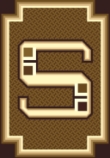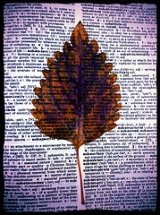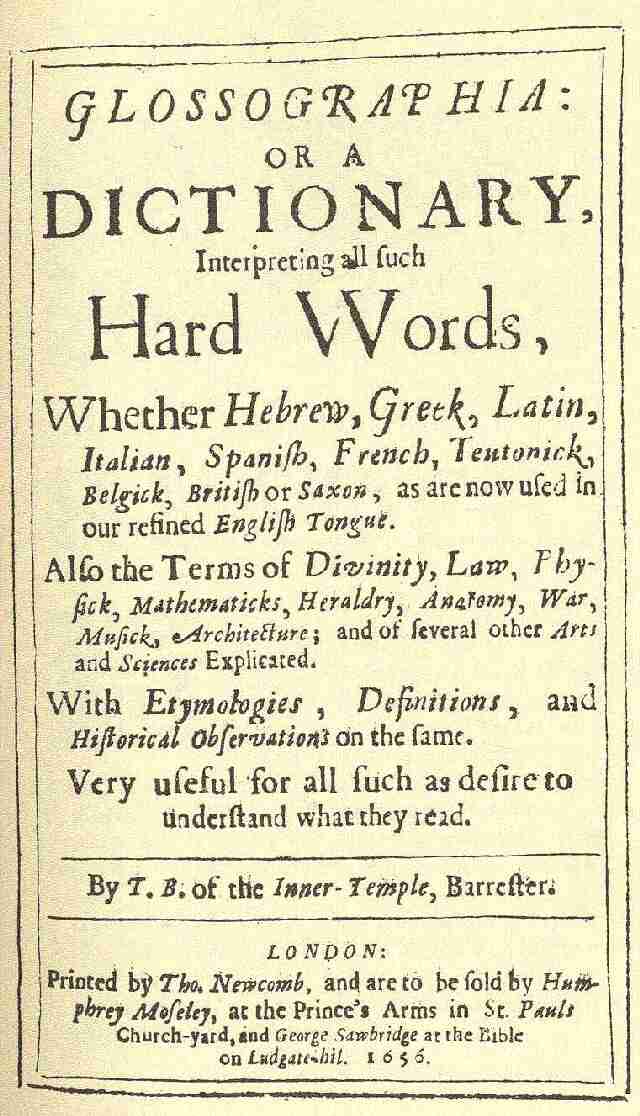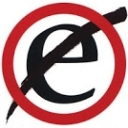
.
Reference Shelf
I am frequently asked for advice on a matter that is simple to answer, if only one has the right tools. There is a serious glut in reference books out there, and it is very difficult to separate the wheat from the chaff. Unlike novels, where the only effect of a bad choice is a bad taste in one's mouth, using an inappropriate reference can have all sorts of repercussions. Accordingly, I present the reference sources which I use in my daily quest for knowledge. As I am an associate of Amazon.com, each book contains both a text and image link to enable you to purchase it if you wish. Proceeds from sales made through this page help defray the costs of maintaining this site. I assure you that any book listed below will be owned and used personally, by me, on a regular basis, and that I strongly recommend it. The only exception is that, where the edition I own is out of print, I have included the link to the in-print edition most similar to my own copy. If you have any questions about any of these materials, do not hesitate to contact me and I will do my best to answer your query promptly.

|
The Chambers Dictionary: Truly one of the most interesting dictionaries you can buy. Not only is it one of the best sources for obscure and rare words, it is known for its wry sense of definitional humour (e.g. eclair: "a cake, long in shape but short in duration"). Note to American readers: Chambers is a British dictionary, and favours British pronunciation and spelling. |

|
Dictionary of Word Origins: John Ayto's etymological dictionary is widely considered the best of its kind. For each of 8000 common English words, he discusses its origin and usage as well as related (cognate) words. Truly a monumental effort for one man, it belongs on every bookshelf in the English-speaking world. |

|
Reader's Digest Illustrated Reverse Dictionary: Don't be put off by the "Reader's Digest" bit. This is an invaluable and unique resource indeed. Have you forgotten the name for a thing, but remember some general term that's part of its definition? Look up the general word, and find all the related terms. For instance, look under "door" to find "lintel - a beam over a door". |

|
The Cambridge Factfinder: This is the source to which I turn for general facts on almost any topic, ranging from the creation of the universe to the highest peaks of human culture. Extraordinarily well-indexed and remarkably complete, it's perhaps the best buy I've made in the past five years. I use this at least once a week to answer some obscure reference question. |

|
Rand McNally Historical Atlas of the World: A very slim volume which nonetheless encapsulates five millennia of human history in dozens of maps. While most historical atlases tend to be ridiculously expensive, this one is very reasonable and has all the information any non-historian would need. Very highly recommended for journalists and university students. |

|
Webster's Encyclopedic Unabridged Dictionary: A remarkable and inexpensive unabridged dictionary, weighing in at over 2200 pages and at least 15 pounds. Not only a dictionary, it also includes encyclopedia-style information on a wide range of places, people and events. Very good information on word origins. Very strongly recommended for American readers. |

|
Merriam-Webster's Geographical Dictionary: A unique concept: a combined atlas and dictionary. Place names of the world are arranged alphabetically and described in detail, including location, population, and extensive historical information. In addition, it contains literally hundreds of detailed maps of countries, US states, Canadian provinces, and so on. |

|
The Complete Rhyming Dictionary: With this reference, you will never lack for a rhyme again (except perhaps for "orange"). You find the appropriate final syllable or syllables of a word, and you will find every word that rhymes with it. An essential book for poets and songwriters, of course, but also for anyone interested in the sounds of our language. |

|
Dictionary of Phrase and Fable: Originally written in 1870, Brewer's classic work has been revised and reprinted many times, and promises to be in print forever. An invaluable source for anyone interested in folklore, mythology and classical history, but it also describes the origins of many famous phrases and sayings that wouldn't be covered in quotation books. |

|
Bartlett's Familiar Quotations: Probably the best among a wide selection of books of famous quotations. While you can find the copyright-expired 10th edition online for free, modern editions contain not only more recent quotations but also have expanded lists from older, deader writers. An interesting source to leaf through, whether you're seeking wisdom or wit. |

|
The Timetables of History: A year-by-year reference describing the important events of world history, one line apiece, organized chronologically. An excellent way to compare what was happening in various fields of activity throughout the world at any given time, and also a remarkable reference if you're looking for the date of a single event. |

|
Merriam-Webster's Collegiate Dictionary (CD-ROM): This is one of the best dictionaries you could buy - not only is it inexpensive, simple to use, and highly functional, but because it's a CD-ROM, it's fully searchable, so you can do incredible things that you could never do with a text dictionary, like find all the English adverbs of Latin origin. |

|
Bartlett's Roget's Thesaurus: Of all the thesauri out there, this one has never let me down. Every writer has a constant need for synonyms and antonyms, and using a thesaurus reminds me of how monotonous my writing style can be sometimes. Roget's is one of the best-known names in thesauri. |

|
The Encyclopedia of World History: A new edition of a very old but still highly useful reference work. It's not a history textbook; rather, it is a succinct description of a wide variety of events, sorted by region and time period. It includes a plethora of maps, genealogical charts and other invaluable historical information that you're not likely to find anywhere else. |
I hope you have found this site to be useful. If you have any corrections, additions, or comments, please contact me. Please note that I am not able to respond to all requests. Please consult a major dictionary before e-mailing your query. All material on this page © 1996-2021 Stephen Chrisomalis. Links to this page may be made without permission.








